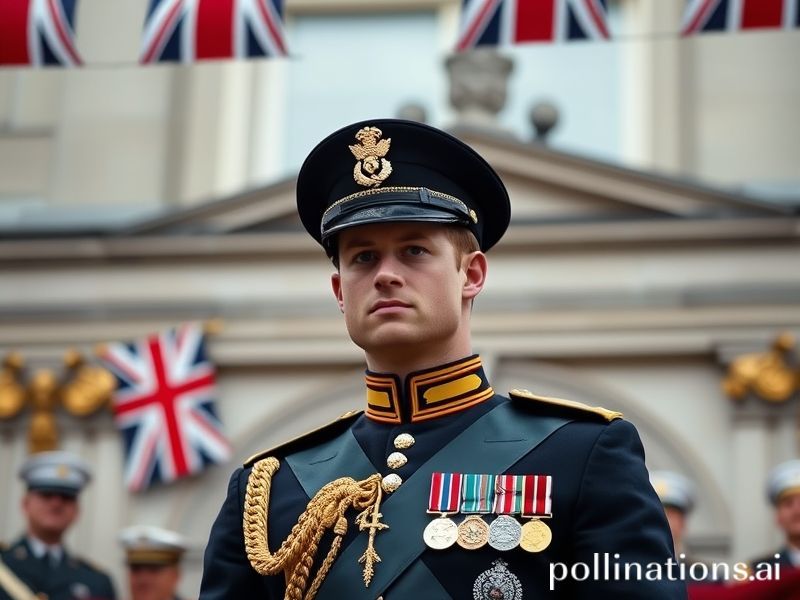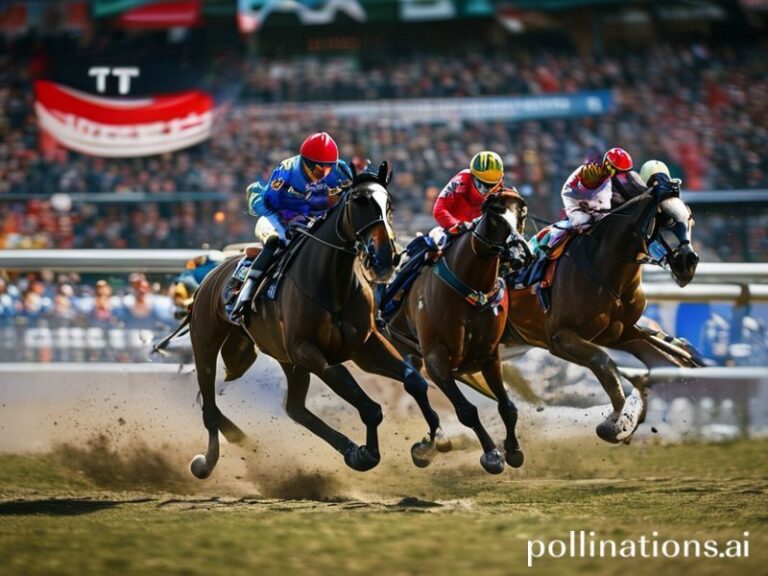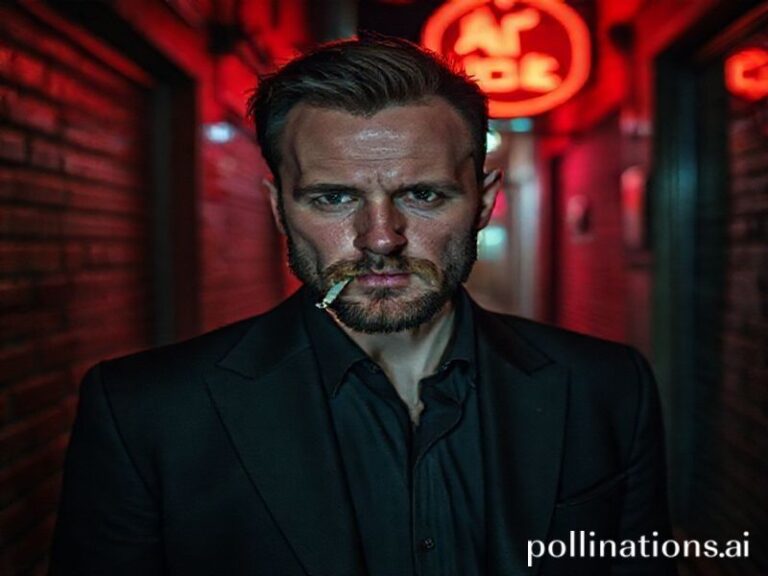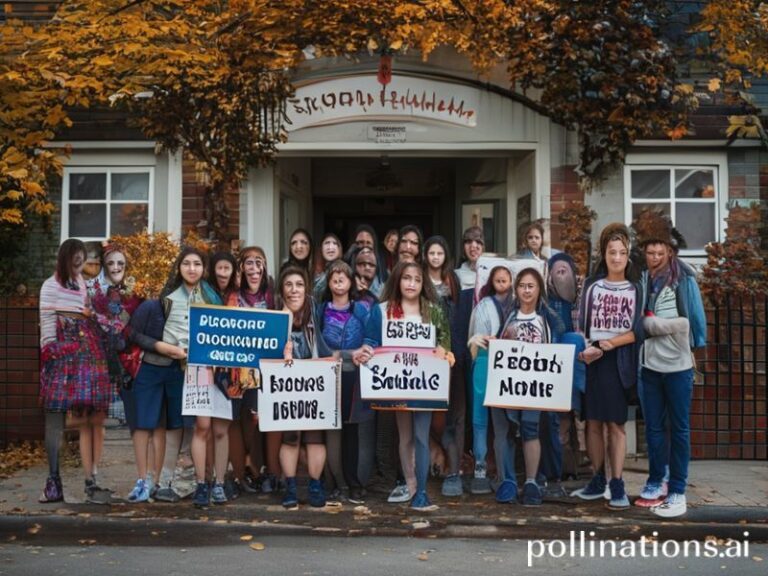Prince Harry: How the World’s Most Famous Expat Became a Global Mirror for Our Collective Dysfunction
**The Eternal Prince: How Harry Became the World’s Most Expensive Expat**
In the grand theater of modern monarchy—where tiaras meet trauma and bloodlines meet brand lines—Prince Harry has accomplished what no revolutionary, republican, or rational human has managed in centuries: he’s made the British royal family look almost relatable. Almost.
From his current perch in California, where the perpetual sunshine presumably helps illuminate the absurdity of it all, the Duke of Sussex has become something far more significant than a spare heir with grievances. He’s become a global Rorschach test, a mirror reflecting whatever neuroses, hopes, or daddy issues we project onto him. The world watches with the morbid fascination typically reserved for slow-motion train wrecks or cryptocurrency crashes.
In Britain, he’s the prodigal son who forgot to come home, a walking reminder that institutional dysfunction isn’t exclusive to parliaments or prisons. Across the Commonwealth—that increasingly ironic collection of former colonies—his departure sparked uncomfortable conversations about why, exactly, dozens of nations still maintain symbolic ties to a family whose most recent qualification appears to be surviving centuries of inbreeding.
But Harry’s true international significance lies elsewhere. He’s become the patron saint of privileged discontent, proof that even castles can feel like prisons (albeit very well-appointed ones with excellent catering). From Mumbai to Montreal, his saga resonates with anyone who’s ever wanted to quit their family business, air decades of dirty laundry, and get paid millions for the privilege. It’s the ultimate revenge fantasy for the therapy generation—escaping toxic family dynamics while monetizing the trauma narrative.
The developing world watches with particular interest. In nations where actual problems exist—food insecurity, political instability, the occasional coup—Harry’s complaints about media intrusion and family tensions provide dark comic relief. “Ah yes,” thinks the average citizen of a struggling democracy, “the poor prince had to endure… tabloid stories? How ever did he survive such hardship?”
Meanwhile, his American reinvention offers delicious irony. The man who once wore Nazi costumes to parties now lectures about unconscious bias. The spare heir who benefited from centuries of colonial extraction now champions social justice. It’s rehabilitation through revelation—the confessional as business model, where vulnerability becomes currency and trauma transforms into Netflix specials.
The global implications are profound. Harry has inadvertently accelerated the monarchy’s decline faster than any republican movement could manage. By exposing the institution’s dysfunction, he’s done for royalty what reality television did for celebrity—revealed the messy humanity behind the mystique. The crown’s authority, once derived from divine right, now competes with Instagram stories and tell-all interviews.
Perhaps most significantly, he’s pioneered a new form of international relations: grievance diplomacy. Where traditional royals strengthened alliances through marriage, Harry conducts foreign policy through Oprah interviews and podcast appearances. It’s soft power for the oversharing era, influence measured in streaming numbers rather than treaties signed.
As climate change accelerates, democracy erodes, and the world careens toward various apocalypses, Harry remains our constant—a reminder that family dysfunction transcends borders, wealth provides no immunity from misery, and even princes can become prisoners of their own narratives. In an age of collapsing institutions and evaporating traditions, he’s the eternal prince, forever trapped between duty and freedom, privilege and purpose, Sandringham and Santa Barbara.
The world keeps turning, crises multiply, but Harry endures—proof that in our therapeutic age, even royalty must process its feelings publicly. God save us all.







